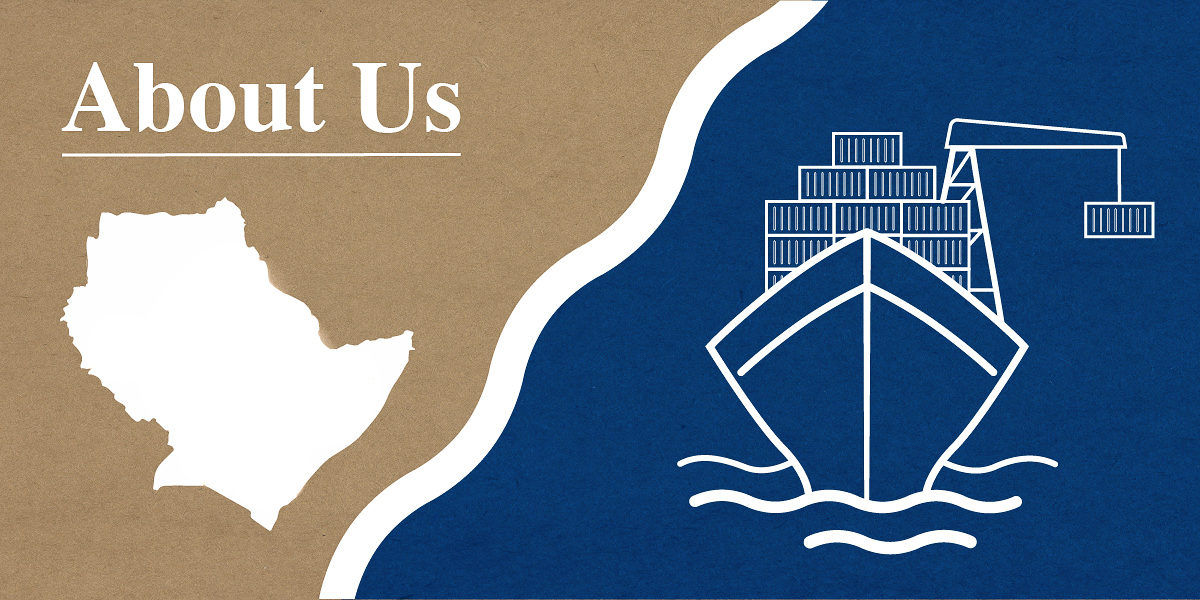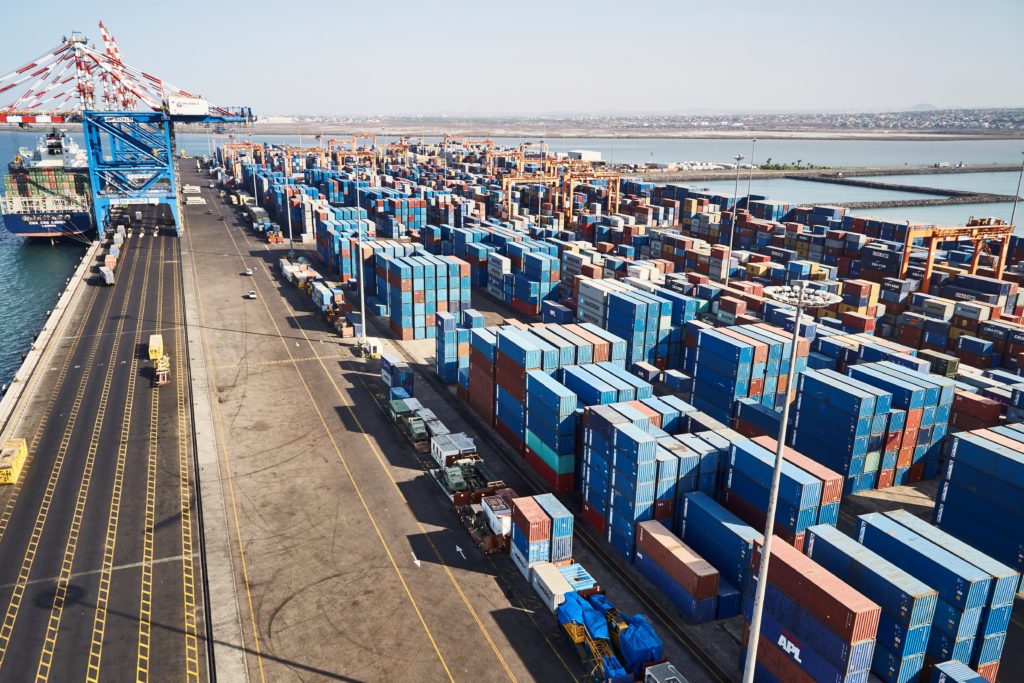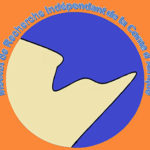
Relations between the Arabian Gulf and the Horn of Africa have a very long history but acquired a new dynamic following in the context of the 2015 military intervention, when Gulf States — namely Saudi Arabia, the United Arab Emirates, and Qatar — turned the Horn of Africa into a geostrategic space critical to their war effort. Gulf states heavily invested in infrastructures by leasing ports in Djibouti, Eritrea, Somalia, and Somaliland, modernizing ports and airports, building deep-water port facilities, and establishing military bases.
The emergent port infrastructures in the Horn of Africa provide a gateway to waterways and facilitate the movement of commodities. They also serve as hubs for other social and material connections and circuits, such as electricity, internet, and ICT cables, mobile networks, and roads, which are converting port cities into trans-local ‘grids’ within global reach, alter power relations in the cities and wider regions and have transformative effects of the everyday lives of the city residents. Focusing on UAE investments in port infrastructures in Somalia (Bossaso), Somaliland (Berbera), and Djibouti (Djibouti), the project contributes to advancing theoretical knowledge of how international relations intermingle with the politics of infrastructure thereby affecting daily lives. It also advances empirical knowledge of South-South transregional relationships.
The project strives to build long-lasting relationships across academic communities across three continents — Europe, the Middle East, and the Horn of Africa — that would allow equitable academic collaboration, knowledge exchange, and building capacities. The project is based on collaborative research between researchers and institutions in Somaliland, Somalia, Djibouti, the United Arab Emirates, the United Kingdom.

The project was launched in March 2020 and will run until December 2023.
Partners

Durham University is a research-intensive university which hosts world leading, multidisciplinary research projects in the United Kingdom. The School of Government and International Affairs (SGIA) has a strong reputation in conducting research into a range of themes, including conflict, development, migration and security politics in Africa and the Middle East.

The Institute for Peace and Conflict Studies (IPCS) at the University of Hargeisa is the only and the first Institute of its kind in the Somali-speaking region in the Horn of Africa engages in teaching and research in the areas of peace and conflict studies. The institute has outreach activities that take place both at a local and a community level, in order to enhance the impact of the IPCS on stability at home.

L’Institut de Recherche indépendant de la Corne de l’Afrique (IRICA) [The Institute of Independent Research of the Horn of Africa] is an interdisciplinary network in Djibouti constituted of 32 of researchers and educators in Economics, Education, Environemnt, Geography, Sociology, Literature, Energy and Linguistics. It was established in March 2016.
Funder

Carnegie Corporation of New York is one of America’s oldest grantmaking foundations.
Established in 1911 by Andrew Carnegie to promote the advancement and diffusion of knowledge and understanding. In keeping with this mandate, the Corporation’s work focuses on the issues that Andrew Carnegie considered of paramount importance: international peace, the advancement of education and knowledge, and the strength of our democracy.